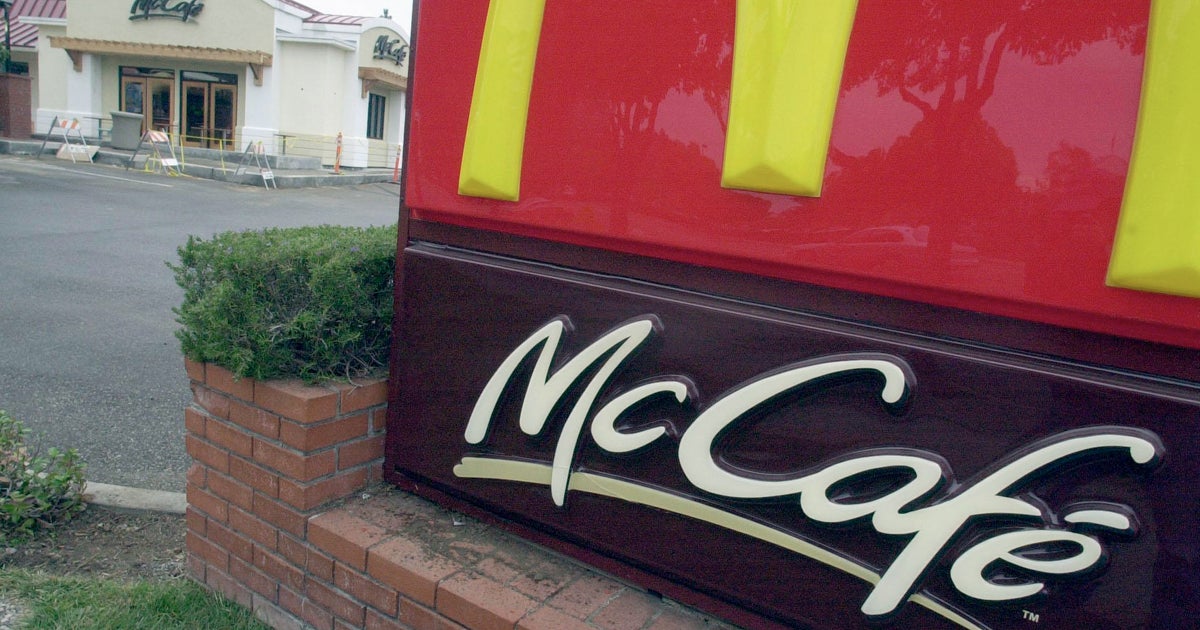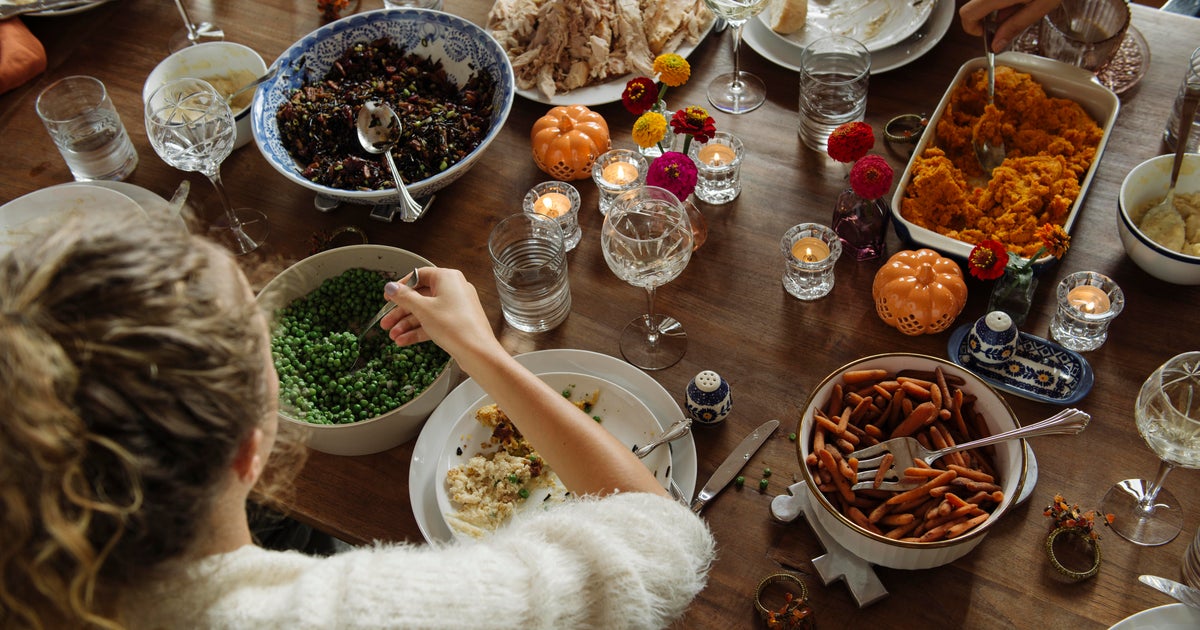Grocery store workers fear getting sick as coronavirus cases continue to climb
As the holidays near — typically the busiest time of the year for U.S. retailers — supermarket employees say they're afraid to go to work as coronavirus cases skyrocket.
"COVID cases are exploding in California and across the country. Everyone who works in my store is afraid of getting infected," said Rachel Fournier, a cashier and bagger for 16 years at a Ralphs in Los Angeles, in a news conference held by the United Food and Commercial Workers (UFCW) on Monday. "Despite the growing danger, it sometimes takes up to two weeks for us to be told a coworker tested positive."
At least 350 UFCW members have died of COVID-19, including 109 grocery workers, according to the union, which represents 835,000 grocery store workers at major chains including Ahold Delhaize, Albertsons and Kroger. More than 17,400 grocery workers have been infected or exposed to the virus, the union added.
"The absolute number is undoubtedly much higher," Marc Perrone, the UFCW's international president, said. Major retailers refuse to disclose how many of their workers have become sick or who have died, he noted, with the union relying on local reports to piece together the figures.
"We've already had one worker die and two end up in the ICU," Janet Wainwright, who has worked for Kroger in Yorktown, Virginia, for five years, said in the call.
Store managers instruct workers not to bother customers who are not wearing face masks, and now keep masks behind the service counter instead of offering them at store entrances because they're "worried about customers taking too many masks," Wainwright said. "Kroger is prioritizing pennies over the lives of workers and customers."
Kroger no longer provides paid time off to employees who test positive for the coronavirus or who had been exposed to someone infected and need to quarantine, she said.
Kroger, however, disputed the statement, with a spokesperson telling CBS MoneyWatch that the company continues to offer paid emergency leave to its workers.
"It's scary"
Another concern for people who work in retail as the virus surges — crowds. "Stores are getting more crowded as people stock up ahead of the holidays, or as customers prepare for a shutdown," said Fournier, the worker at Ralphs, a Kroger-owned supermarket chain in California. "Efforts to limit traffic are not working, and there is no effort to ensure customers properly wear masks."
"We had three cases in our store so far. It's scary. It motivates people to not want to come in — to not want to commit their time for such a low amount of money," Lisa Harris, a cashier at a Kroger outside Richmond, Virginia, said in a separate briefing by the Brookings Institute on Monday. "There was a time when the only things that would bring in the kind of numbers we're seeing now was if there was inclement weather coming, or if it was the holidays. And now it's every day," said Harris, who makes less than $15 an hour.
Kroger said in an email that its "most urgent priority throughout this pandemic has been to provide a safe environment for our associates and customers while meeting our societal obligation to provide open stores, ecommerce solutions and an efficiently operating supply chain so that our communities have access to fresh, affordable food and essentials."
Since March, the company has invested more than $1 billion in additional pay for its workers and implementing safety measures, the Kroger spokesperson said. Kroger's "total COVID-19 incident rate continues to track meaningfully below the rate in surrounding communities where we operate," the spokesperson said.



